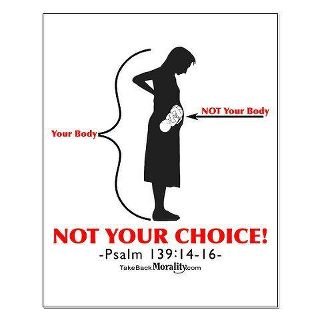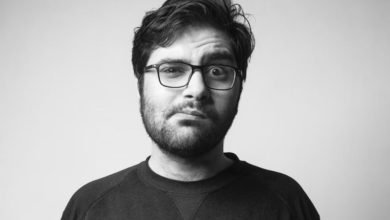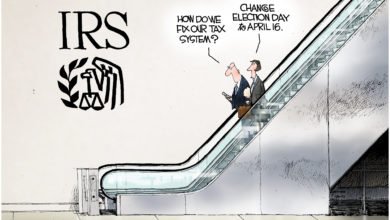The Case Against Daylight Savings
With Americans recently taking part in the biannual tradition of setting their clocks back, the debate over daylight savings time has been reignited. Although the tradition has become an integral part of American society for years now, it may be time to end this tradition.
While supporters of daylight savings time may argue that daylight savings save energy, these arguments are outdated and not backed by much evidence. On the other hand, the time shift is posing health implications on Americans and is simply an inconvenience, making it an unnecessary problem with no real benefits.
Daylight savings was originally officially implemented during World War I and again in the second World War for its apparent ability to save money and energy for the United States. Supporters argued that such a shift in time would provide additional daylight for when people were awake and thus, reduce the amount of artificial energy in the form of lighting being used. Although energy use may have been reduced by the time shift then, this theory is not backed by modern-day evidence.
Multiple studies have concluded that Daylight Savings time does not reduce energy use. A 2008 National Bureau of Economic Research study found that although the demand for lighting decreased due to daylight savings, the energy saved was negated by the increased demand for air conditioning. Environmental economist Hendrik Wolff found that daylight savings dropped the demand for energy in the evening; however, this was negated as well by the increased demand for energy in the morning. This list goes on and on. Countless studies continue to find that daylight savings do not affect energy use, debunking the argument that daylight savings time reduces energy use, proving that daylight savings has no real benefit for users.
Daylight savings, contrarily, does have negative implications. For one thing, it is an inconvenience. Setting back clocks twice a year causes confusion and with no real benefit, becomes impractical. More importantly, it incurs negative health effects on Americans. The time shift has been found to cause sleep deprivation, be harmful to your body’s circadian clock, negatively affect your immune responses, and has been linked to increased chances of a heart attack. These health implications are no joke and are a high price to pay for something that provides no real benefit to Americans today.
74% of Americans have come out against the biannual shift in our clocks. Religious leaders and farmers, who have often been linked to supporting daylight savings times, have come out against such measures. Yet the tradition continues to persist, despite its negative implications to the health of Americans and the inconvenience it poses. With no real benefit to daylight savings time, it may be time for the government to reassess and end the biannual time shift for good.
Content written by Rohan Kapur is available without charge to any eligible news publisher that can provide a large audience. For licensing opportunities of original content, please email rohan.t.kapur@gmail.com
Featured Image via the Daily Beast





daylight savings is the definition of stupid enviro wacko crap
Florida’s legislature voted, and Governor Scott last year signed, a bill seeking a federal exemption to daylight savings time. States cannot enact it on their own; it takes an act of Congress.
good analysis in this article, time for congress to act
Talk about time and energy – how about the people at Stonehenge having to move those heavy rocks twice a year.